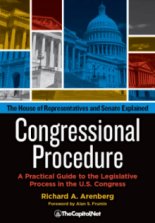Three Aspects of Advocacy – Tips for Trials
Understanding the basic rules and aspects of advocacy can prepare you to be a much better advocate for your client. photo credit: Steve Punter It is commonly assumed that the purpose of a trial is to discover the truth. This is actually not the primary purpose of a trial. As an advocate, one of your … Read more



